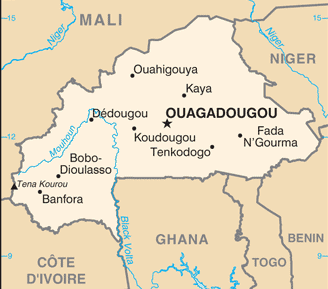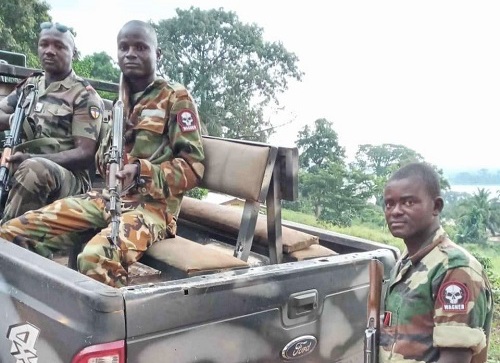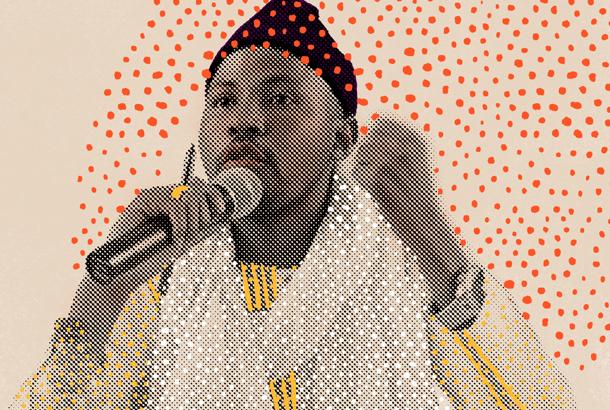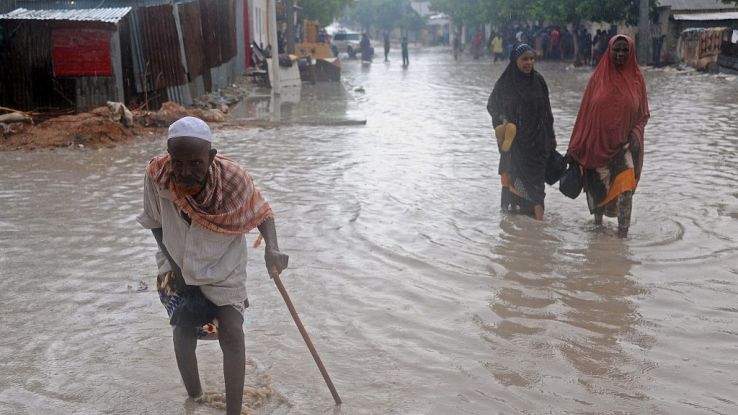
US sanctions Sudan companies accused of funding war
The US Department of Treasury imposed sanctions on a Sudanese financial institution and two private companies accused of funding belligerents in the ongoing civil war in the African country. The sanctions name Alkhaleej Bank and metal ore company Al-Fakher Advanced Works, said to be controlled by the Rapid Support Forces (RSF), as well as development company Zadna International, controlled by the Sudanese Armed Forces (SAF). The Treasury Department accused the companies of fueling the conflict, laundering money, and engaging in “actions or policies that threaten the peace, security and stability of Sudan.” (Map: PCL)








